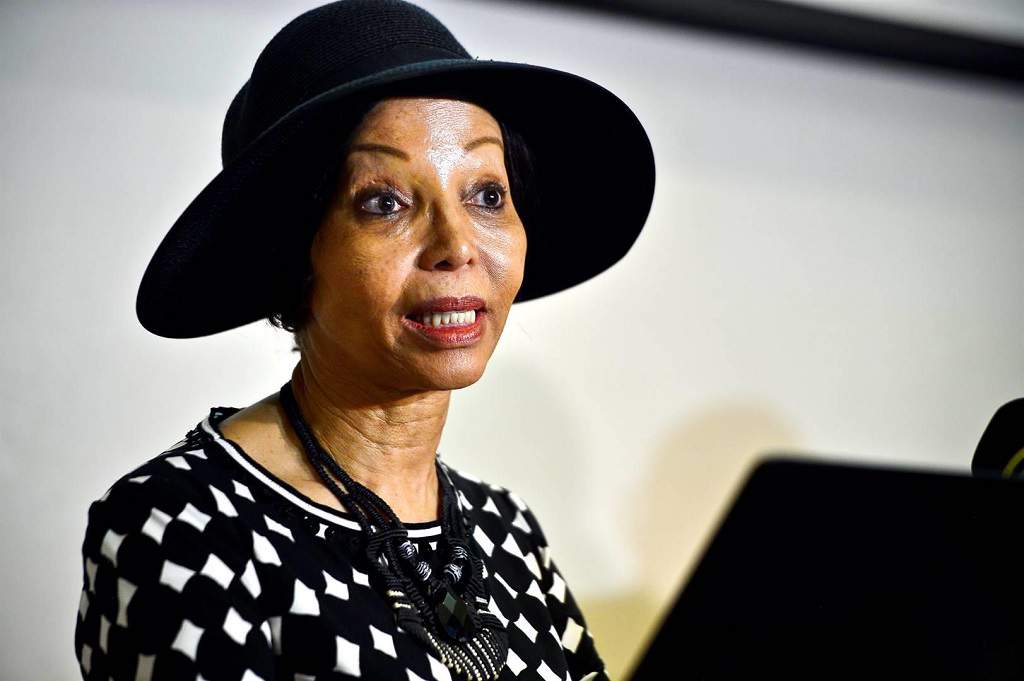
In a rare and dramatic reversal, the government of Botswana has publicly apologized to South African businesswoman Bridgette Motsepe, admitting that explosive allegations of money laundering and terrorist financing leveled against her in 2019 were entirely baseless.
In an official statement released on Tuesday, authorities in Gaborone acknowledged that the accusations—once thought to implicate Motsepe in illicit financial dealings—were the result of serious judicial misconduct and unfounded claims.
“The Government of Botswana, the Directorate of Corruption and Economic Crimes, the Directorate of Security and Intelligence Services, and Mr. Jako Hubona unconditionally withdraw their allegations,” the statement read, signaling an unambiguous retreat from years of controversy.
At the center of the case was Jako Hubona, an investigator with the Directorate of Corruption and Economic Crimes (DCEC), who submitted a sworn affidavit to the High Court on October 29, 2019. In it, he alleged that Motsepe was a co-signatory to foreign accounts holding funds supposedly diverted from the Bank of Botswana and linked to terrorism financing.
The accusations severely damaged the reputation of Motsepe—a trailblazer in the African mining industry, founder of Mmakau Mining, and sister to both Patrice Motsepe, current CAF president, and Tshepo Motsepe, South Africa’s First Lady.
The scandal also entangled several prominent figures, including former president Ian Khama, senior civil servant Wilhemina Maswabi, and ex-intelligence chief Isaac Kgosi, all of whom were falsely implicated.
The current administration under President Duma Boko has distanced itself from the scandal and the conduct of those involved, stating that Hubona “acted recklessly.” The government reaffirmed its dedication to upholding the rule of law and assured that “fabrications of this nature will never happen again.”
The apology marks a significant vindication for Motsepe, who maintained her innocence throughout. A 2020 international inquiry led by Omnia Strategy LLP, chaired by human rights lawyer Cherie Blair, had already cleared her of any wrongdoing, concluding that there was “no evidence of money laundering.”



